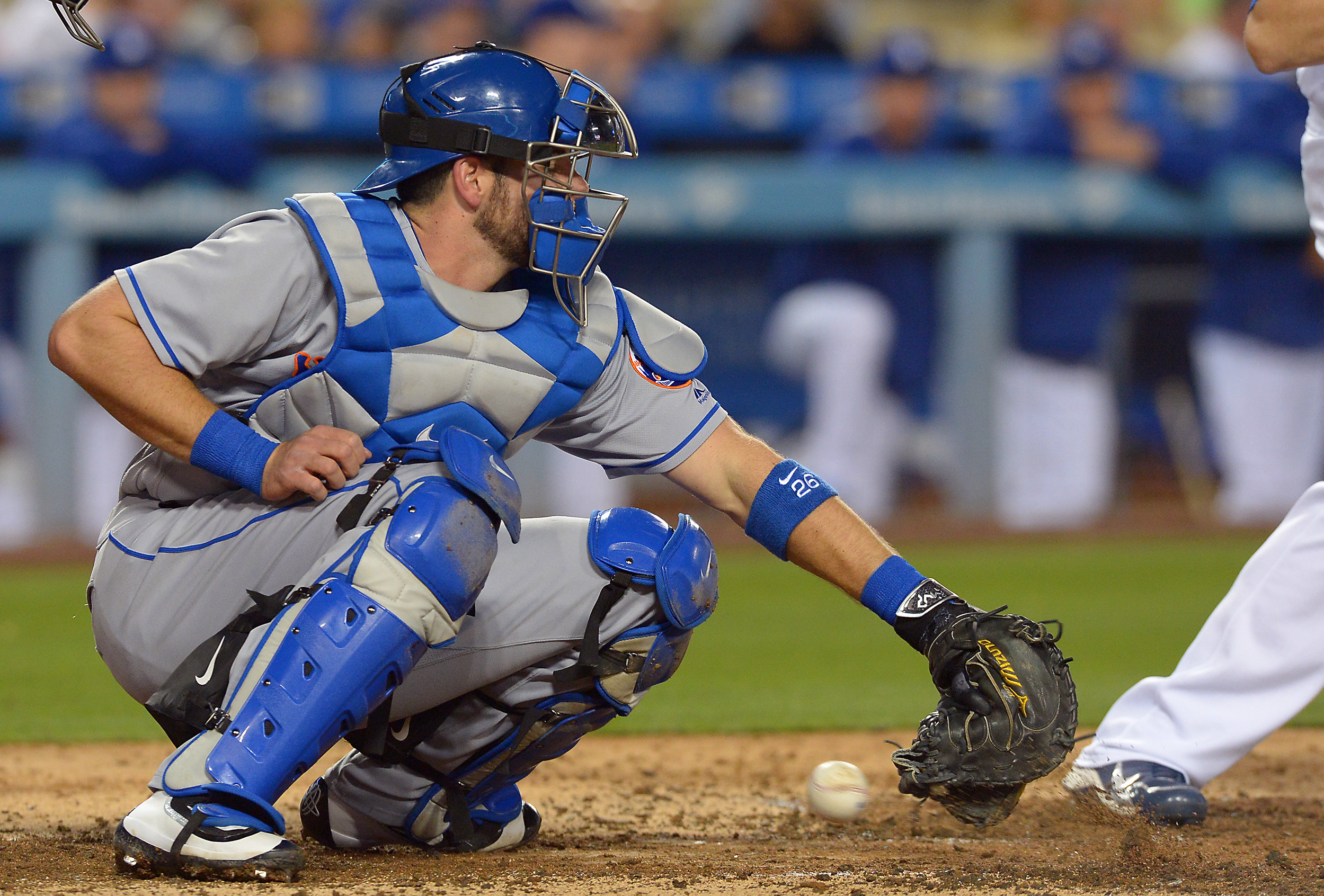I was a terrible player. For eight years, I played youth baseball in a part of northeast Pennsylvania not known for churning players with even an iota of an chance for a professional career, and even among that group I was still forgettable. I could not hit, only draw the semi-occasional walk, and, as a catcher, my throwing arm delivered a whole lot of two-bounce specials into second base. Maybe you’ve never seen me play, but you know who I am.
And yet, the one thing I could do really well was catch the damn ball. That is, after all, the most primary duty of any catcher. My pitcher didn’t matter. The pitch thrown didn’t matter. I was fearless, and while my catcher framing stats wouldn’t have made up for my myriad shortcomings, I derived no shortage of satisfaction from the fact that I could do one thing pretty well on a baseball field. It made me important, like I was contributing whatever I could each time out. Now, would I have liked to have done more? Maybe helped my tee, minor, Little, and senior league teams win a few more games than we did? Of course, who wouldn’t?
But I try to appreciate the MLB players who remind me of a young me, because I can relate to the inherent limitations of the talent deficit — now that you’re untalented but that the gap between you and your peers is so obvious. For me, this practice goes beyond just acknowledging their existence on the roster. I try to see how they can fit into the team’s future plans, how they can make themselves indispensable. This isn’t some pity mission to arbitrarily prop up the 25th man simply because he represents a dividing line between the big leagues and Triple-A. I think every championship team needs a player who’s been waiting for a moment and will be ready when it comes.
This year, for me, that player is Kevin Plawecki. As the backup catcher, this is already a natural starting point to look. He was never a super-hyped prospect—even as a first-round pick 2012, Plawecki still didn’t make BP’s Mets Top 10 prospect list that winter—while the man ahead of him on the depth chart coming into this season (Travis d’Arnaud) sure was. Plawecki’s .241 TAv last season in 258 plate appearances was underwhelming and he’s never going to be considered a threat for consistent power or run production.
But not two months into this season, Plawecki has already been called upon for massive contributions to the Mets’ chances for success later in the season. We all know that wins now are worth the same as wins in late September, so with incumbent Travis d’Arnaud on the shelf, Plawecki was tasked with keeping up with his spot in the batting order—an easy enough task, considering d’Arnaud’s .209 TAv this year—and, more importantly, being on the receiving end of one of the most dominant and naturally skilled starting rotations in the game. Despite the weekend sweep in Colorado, the Mets are comfortably in second place within striking distance of the Nats; Plawecki has done an admirable job over that time. He’s not an elite framer but he’s pretty decent all the same.
Plawecki has done most everything asked of him over this time that d’Arnaud has been out—in fact, he’s been an upgrade in almost every sense—and I hope we recognize that for what it is, because I contend that every successful team has a Kevin Plawecki or two. They’re often “glue guys,” players that a team will sign because they’ve been around enough years and they keep the clubhouse loose and fun, and sometimes, when no one expects, they’re asked to step up and provide the big hit or make an important stop in the field. Usually, that’s a Jonny Gomes or a Juan Uribe. Sometimes, it’s Kevin Plawecki, although his role has already even extended beyond that of the prototypical glue guy. His 0.4 bWAR is, at the moment, better than Lucas Duda, David Wright, and Curtis Granderson.
But take away all that production and Plawecki is still easy to cheer. I think it’s because we’ve all been there, if not in sports than in work or school or some other situation. Maybe we felt in over our heads. Maybe we were called upon in a pinch and felt like we had both everything and nothing to lose and all you can do is just keep swinging the bat, keep calling the right pitches, keep playing for the next day. As much as you can admire the greatness in the skill of a prodigious Yoenis Cespedes or a flamethrowing Noah Syndergaard, I prefer the lesser-knowns, the non-stars that are invariably much closer to our own plane of being.
I was once a Kevin Plawecki a long time ago. Maybe you were, too.
Photo Credit: Jayne Kamin-Oncea-USA TODAY Sports

2 comments on “We Are All Kevin Plawecki”
Comments are closed.